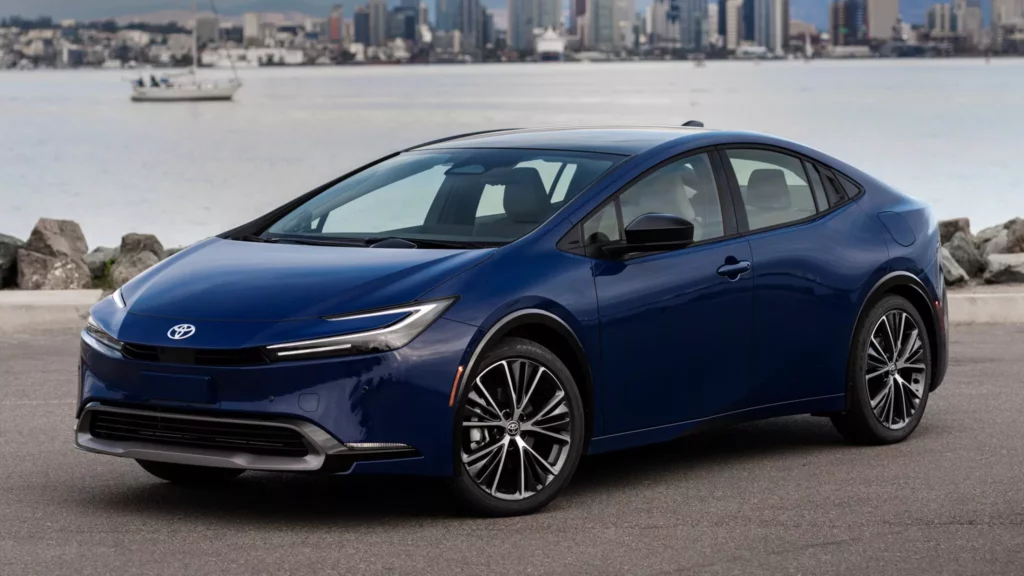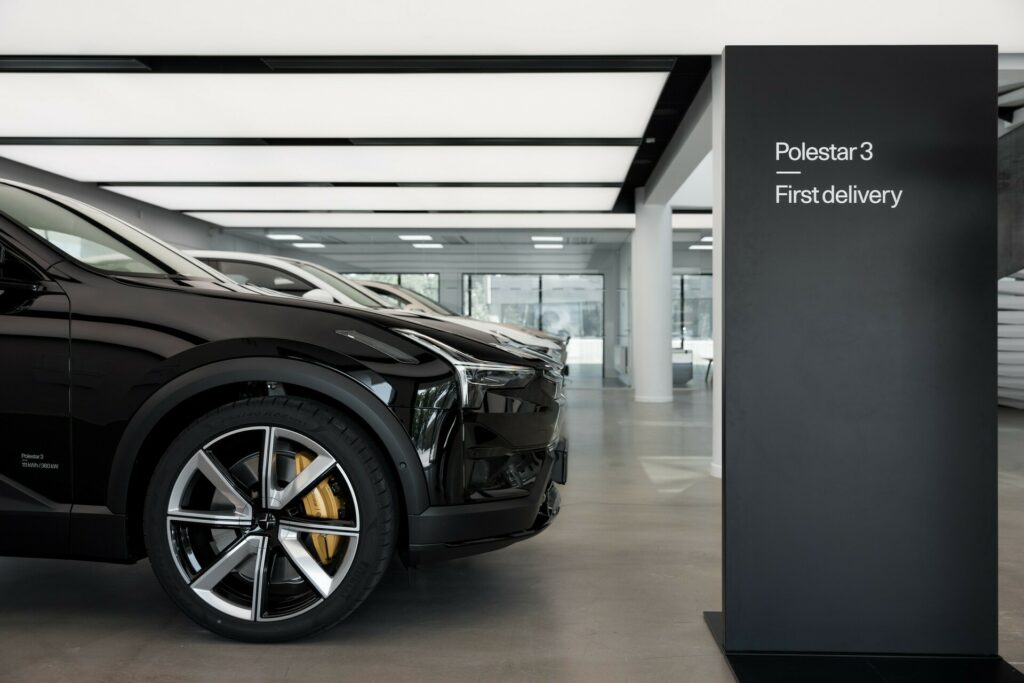- Germany’s EV market took a significant hit, with sales dropping 22% in November.
- At the end of 2023, the government eliminated EV subsidies for the general public.
- Hybrid cars surged by 20% in November, capturing 38.7% of all new car registrations.
The German automotive industry is facing difficult times, caught in a storm of strikes, internal tensions at the Volkswagen Group, cost-cutting measures at Mercedes, Ford and BMW, and shifting market dynamics putting pressure on all brands. While the new vehicle market managed to hold its ground in November with 244,544 passenger car sales—a slight 0.5% dip compared to the previous year—the real drama is unfolding in the EV sector, where sales have taken another hit.
EVs Struggle in Germany’s Post-Subsidy World
The numbers don’t lie: EVs are in deep trouble in Europe’s largest market. According to figures released by the country’s Federal Motor Transport Authority (Kraftfahrt-Bundesamt – KBA), November didn’t bring any relief, with EV sales plunging by 22% year-over-year. A total of 35,167 new electric vehicles were registered that month, accounting for 14.4% of all new registrations. While that’s still a decent share, it looks like they’ll struggle to meet the ambitious targets set just a few years ago.
More: Ford EV Sales Surge 21%, But F-150 Lightning Falls 17%, ICE Mustang Crashes 45%
Much of the current slump can be traced back to the German government’s decision to end subsidies for electric cars at the end of 2023. At the time, Transport Minister Volker Wissing argued that the EV market should be able to stand on its own without public aid, claiming that permanent subsidies aren’t a sustainable solution. It seems, however, the market isn’t quite ready to walk unaided. As Germany grapples with its EV slowdown, eyes will turn to other major European markets, like France and Spain, where similar subsidy cuts are on the horizon for 2025. Will they see the same fate?
Hybrids Keep the Flame Alive

If EVs are sputtering, hybrids are thriving in Germany. In November, 94,554 hybrid vehicles found new homes, marking an impressive 20.3% increase from the same month last year. Of these, 20,604 were plug-in hybrids, showing a 13.7% uptick. Hybrids now account for a solid 38.7% of all new registrations, proving that consumers are still drawn to greener options, but perhaps with a foot in both worlds.
More: America’s Best-Selling EVs In 2024
Meanwhile, traditional fuel-powered cars are showing mixed results. Gasoline-powered vehicles dipped by 5.4%, while diesel saw a sharper decline of 7.5%. LPG-powered cars, despite their niche appeal, recorded a modest 3.2% gain, though they still occupy a negligible share of the market.
Tesla and Polestar: The EV Struggles Continue

It’s not just the overall market that’s feeling the pressure; EV makers themselves are getting hit hard. Tesla, the top dog in the electric revolution, posted a dramatic 55.1% drop in sales in November, delivering just 2,103 units in Germany. Year-to-date, Tesla’s German sales have fallen by 43.6%, with only 33,669 units sold so far. And it’s not just Tesla that’s in trouble. Polestar, another EV-only manufacturer, saw its November sales plummet by 26%, with a massive 52.6% drop in total sales for the year.
Rising Stars and Declining Imports
While EV makers are in a pinch this year, some traditional and import brands are seeing a turnaround. Toyota, the poster child of hybrids, for instance, had a spectacular November, with sales up 104.5%, securing 4.2% of the market share. Peugeot (+78.5%), Citroen (+16.9%), and Skoda (+16.5%) also posted impressive gains. On the flip side, several high-volume import brands are heading in the opposite direction. Fiat saw a steep 39.1% decline, while Kia (-16.9%), Mazda (-14.3%), Hyundai (-11.8%), and Renault (-0.9%) all delivered negative growth in new registrations.
The Outlook for Germany’s Auto Industry
In sum, Germany’s automotive market remains a study in contrasts: steady sales overall, but with a marked shift away from pure electric vehicles. With the government scrapping subsidies and EV makers stumbling, the future of electric mobility in Germany appears less certain than ever. Meanwhile, hybrids are enjoying a surge, proving that the internal combustion engine still has life left in it. No doubt, it’s a confusing time for the auto industry, one that might require more than just a policy shift to right the ship. What’s more, it brings the EU’s ban on ICE-powered cars that’s set for 2035 into question, as buyers may not be ready yet for such a huge change.




